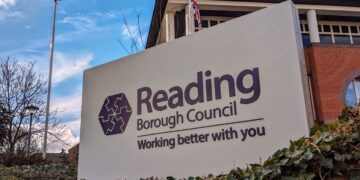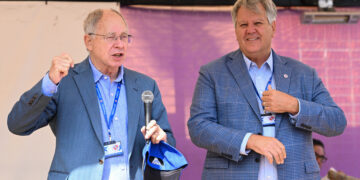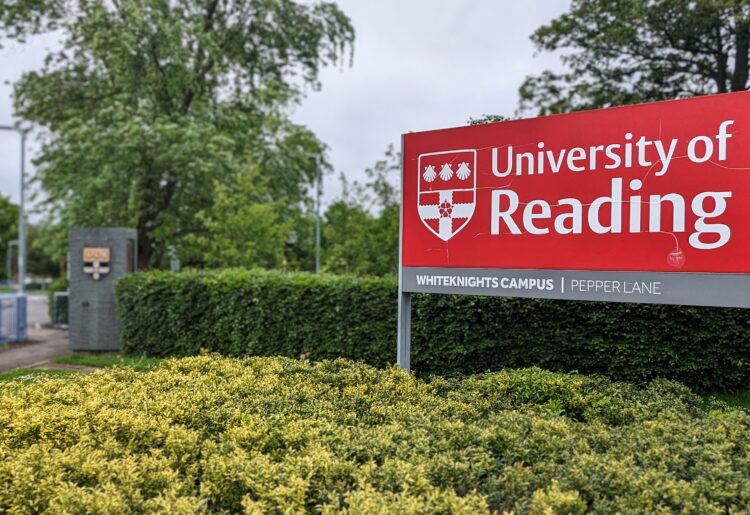COMMUNITY engagement enables co-creation of change-making research with people who are traditionally ‘hard to reach’ say food and health researchers at the University of Reading.
They describe research carried out with residents of the Whitley suburb of Reading, who co-designed a fruit and veg voucher scheme, paired with community centre-based stalls.
This led to positive change, including in health and wellbeing outcomes, say research leaders.
“We know that imposing solutions on disadvantaged groups rarely brings lasting change,” said Professor Carol Wagstaff, who led the study.
“Instead, we have ensured that residents’ voices are heard and acted upon, as well as enabling them to imagine what healthy eating might look like in their community.”
Obesity and diet-related illnesses, such as type 2 diabetes and cardiovascular disease, are a leading cause of disability and premature deaths in the UK, the authors highlight. However, interventions that don’t address wider structural aspects of access to healthy diet are likely to quickly fail.
“Affordability is by far the most common reason that people struggle to eat the recommended 5-a-day,” Professor Wagstaff said.
“We have shown that by building community cohesion, and a sense of togetherness, people engage in collective action to pursue a common goal of lasting food and health equity.”
The study is part of a broader set of advice on how to ensure that food inequality research leads to real-life health improvements, and not just jobs to support professionals.
The report is published this week in a special issue of the Royal Society journal Philosophical Transactions B.
Under the umbrella of UKRI’s Transforming UK Food Systems Strategic Priorities Fund, the University of Reading has a number of projects, including two research projects that aim to address inequalities in food systems – an issue that links poverty and poor health.
The FoodSEqual and FoodSEqual-Health projects are led by the University, with partners in Plymouth, Tower Hamlets and Brighton.
Professor Wagstaff said: “Working with affected communities, we’ve taken into account the impact of socio-economic deprivation and how that intersects with protected characteristics, lifestyle, geography, housing, transport, work and pensions, health and social care, education, and more.
“In many cases a change in diet for health is not sustainable unless the context of peoples’ lives also changes.”
Some of the key activities include:
Engaging individuals, communities, voluntary sector organisations, local authorities and central government, to enable multi-level action.
Fruit and veg vouchers, along with community centre-based produce stalls or collection points.
Evaluation that engages citizens, fruit and vegetable wholesalers, healthcare professionals and local authority public health and community departments.
Building trust and relationships through existing networks and partnerships, time and effort, and cultural sensitivity and understanding.
The researchers say that, as a result of engaging with FoodSEqual research, residents are now able to tackle wider problems, support each other, and further develop the local food system to meet their needs.
New research will be informed by the views of residents on what should happen next to address food system inequalities.
For information, visit: reading.ac.uk/food
























